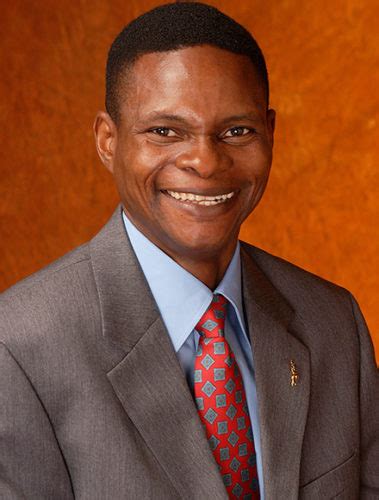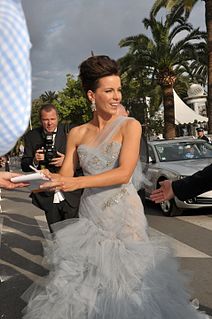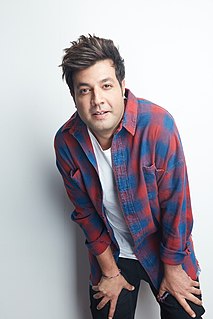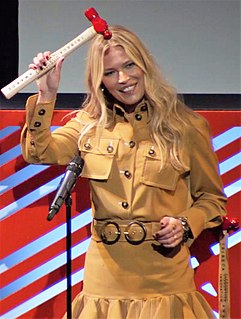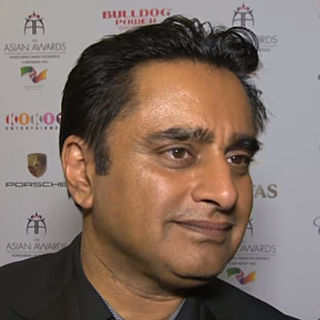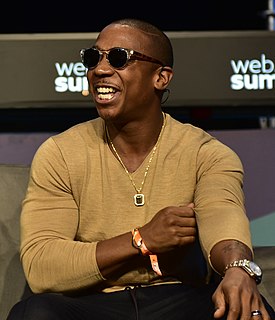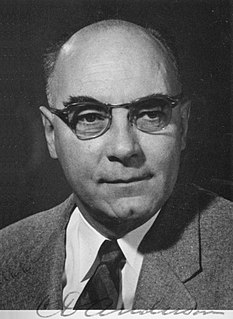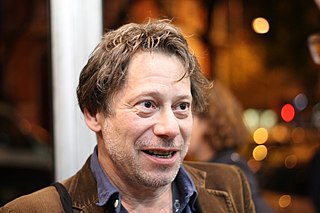A Quote by Corneille Ewango
I joined the Wildlife Conservation Society, working there, in 1995, but I started working with them as a student in 1991. I was appointed as a teaching assistant at my university because I accomplished with honor.
Related Quotes
After graduate school, I joined Johnson & Wales University in Rhode Island as an assistant professor, but I continued to program in addition to teaching and working on research. I built a program that crawled job boards to determine which skills employers value, which helped Johnson & Wales explore ways to improve its curriculum.
When I first started working, I was very aware of the fact that I'd been to university and studied Russian and French and not acting. So when I started working, I'd started working quite young, I felt like it was important to treat myself kind of like an apprentice and do as many different types of things as I could.
Don't buy society’s definition of success. Because it’s not working for anyone. It’s not working for women, it's not working for men, it's not working for polar bears, it's not working for the cicadas that are apparently about to emerge and swarm us. It’s only truly working for those who make pharmaceuticals for stress, sleeplessness and high blood pressure.
The continent is incredibly exciting. When I first went there, it consumed me, and I instantly felt like I wanted to be engaged one way or the other, whether on a philanthropic level or business. I'm lucky to say today that I do both. In terms of African Wildlife Foundation, I started working with them roughly around 2009, on the ambassador level. Then I joined the board and was exposed to deeper issues that the Foundation was combating on the continent.
If you see a child with autistic-like behaviors at age two and three, the worst thing you can do is just let them sit and watch TV all day. That's just the worst thing you can do. You need to have a teacher working with that child, working on teaching language, working on social interaction, working on getting them interested in different things, and keeping their brain connected to the world.
